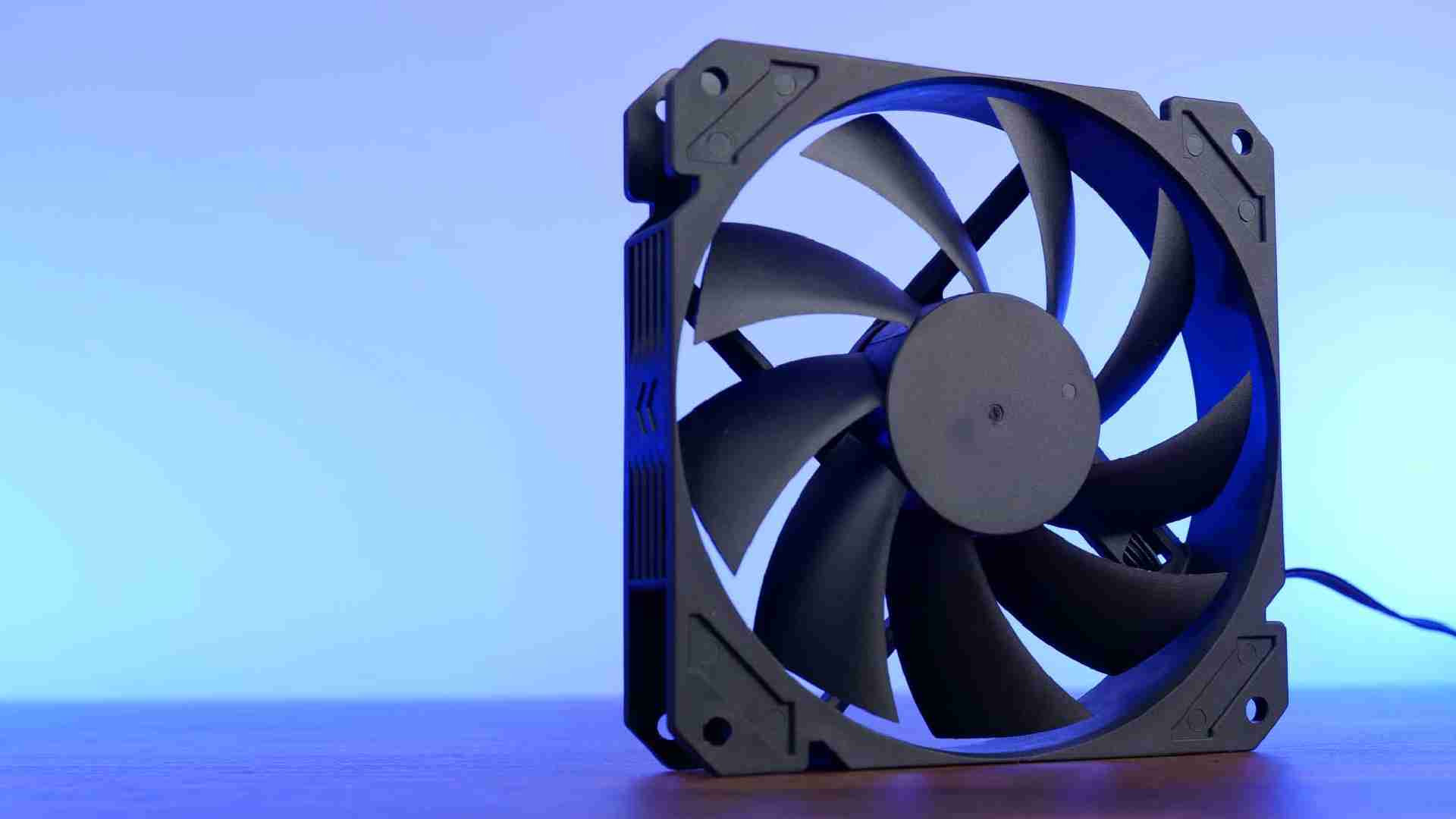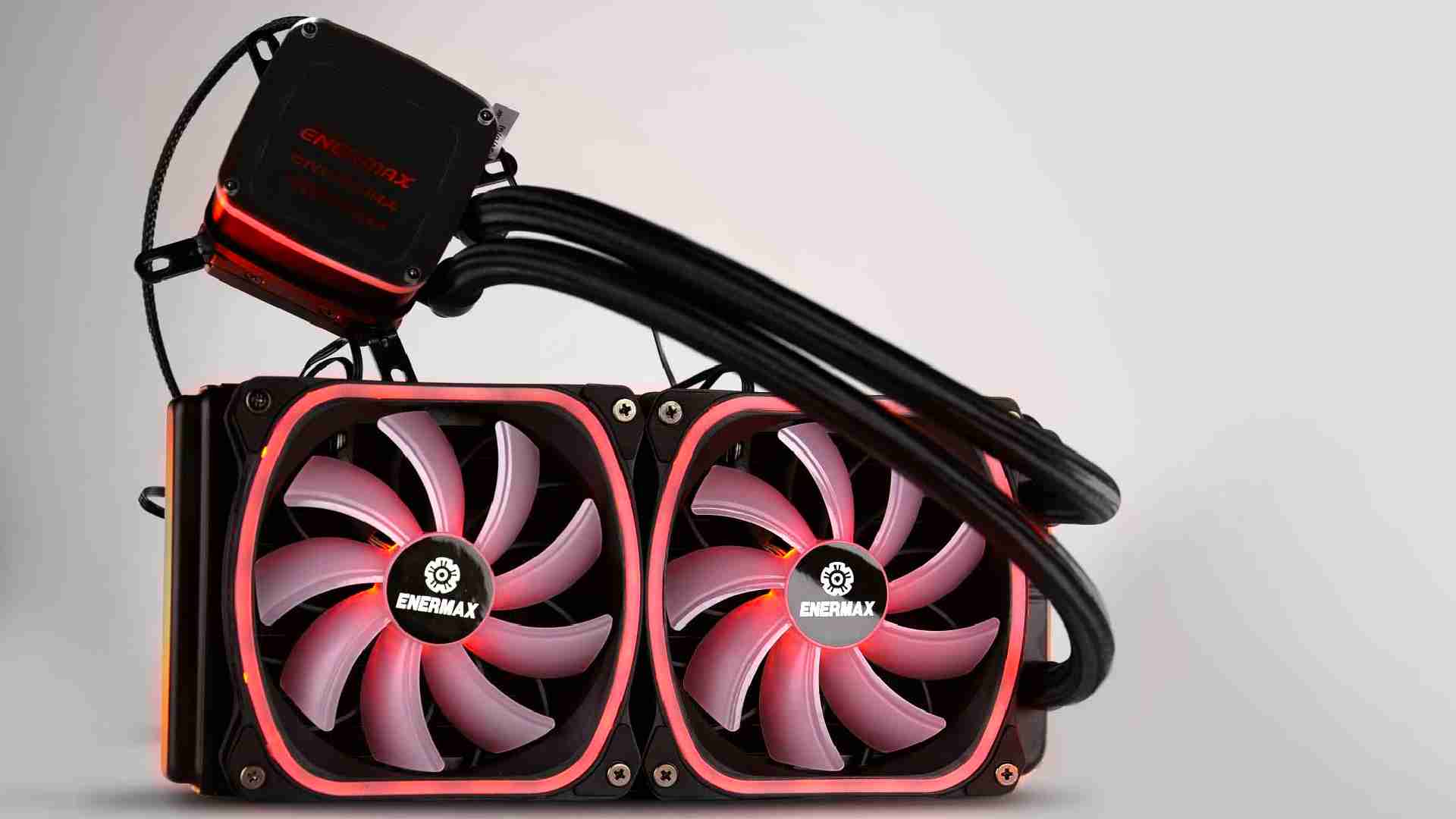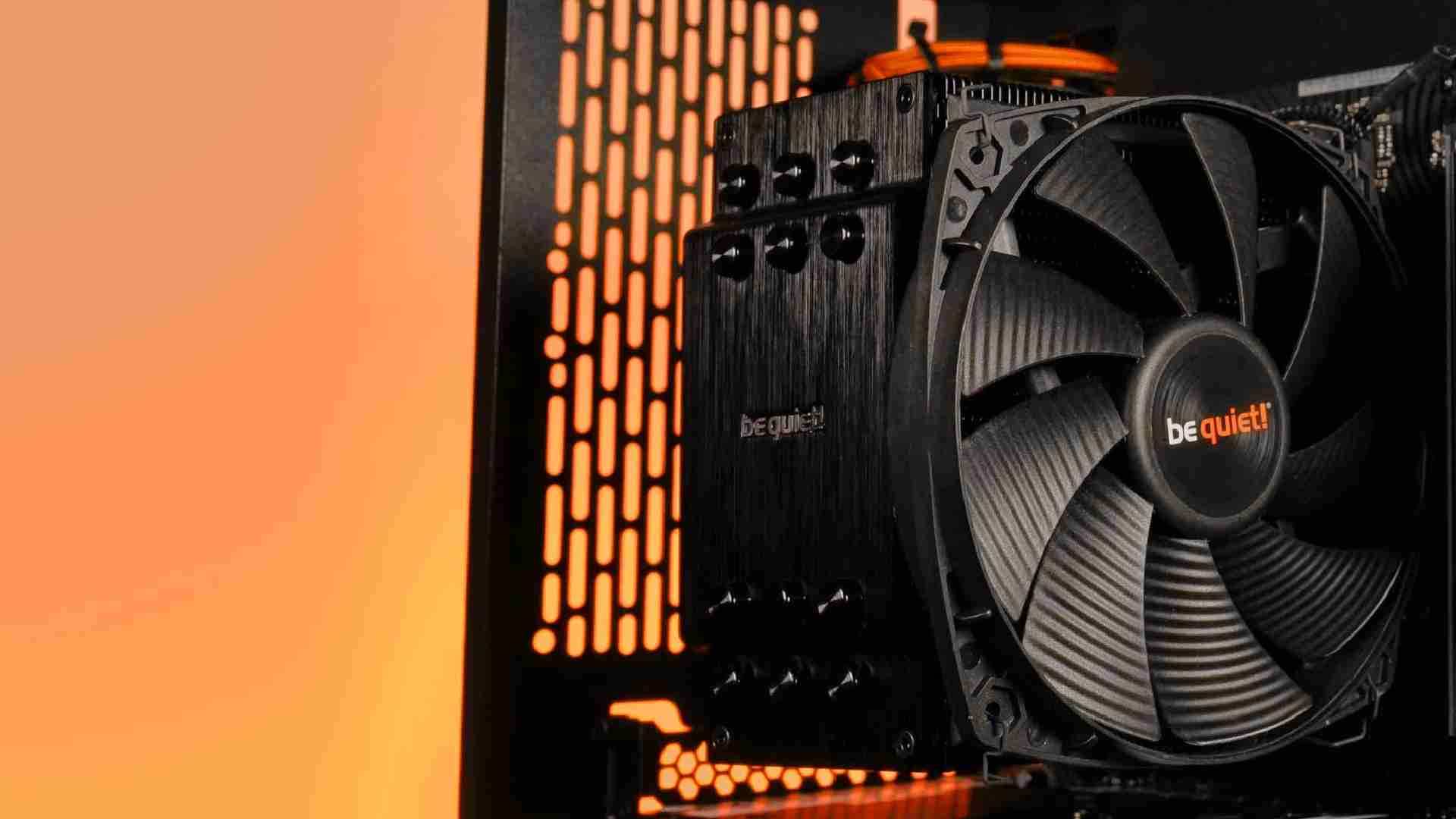NoiseBlocker eLoop B12P Review
Introduction
NoiseBlockers eLoop lineup of fans is probably the weirdest fans you will find until you fall out of the -regular- category. By using a ton of minimalistic improvements paired with years of research and development, NoiseBlocker tried to deliver the best!
Positive
- Very good Noise-to-Performance Ratio
- Good Max Performance
- Up to 70cm PWM extension included
Neutral
- Very specific design approach
Negative
- Cable could be better
NoiseBlocker eLoop Lineup

At a first glance, you might be irritated by the different versions available within the NoiseBlocker eLoop Lineup. Let's break it down.
In total, there are 2 different versions, the "B12-PS" and "B12-P", whereas the "S" in "PS" stands for silent.
The main difference between these versions is their max. operating speed:
B12-P => Max. 2000RPM
B12-PS => Max. 1500RPM
As you might expect, with the differences in rotational speed, these two Fans also come with differences in their Air-passthrough as well as noise.
Additionally, each of these Versions exists in a Black "BL" version, which features a Black Fan-Frame.

As this review is focused on the "B12-P" in its White version, everything that will be addressed and stated from here on applies solely to this exact fan.
What's in the Box?

The unboxing experience of a NoiseBlocker eLoop X resembles any other fan. A white box that contains everything you need.
Once unpacked, we will find the B12-P fan, as well as a hand full of extensions.
NoiseBlocker made sure to allow these Fans to be installed inside really big cases, as they included a 20cm and a 50cm extension cord for both the ARGB and PWM signal. Therefore, you can extend the wire to a total of 70cm, which is significantly more than we've seen with other fans.

Additionally, you will not find the usual Fan screws, as NoiseBlocker used an innovative ( for our experience ) new method of installation, which will be explained in-depth in the installation segment.
The Box itself features significantly more in-depth information than we have seen so far. From Airflow in different measurement systems to used materials, everything is explained to the last digit. As this list may be a bit too long to include in this review, we summarized the most important specs down below.
| Name | NoiseBlocker eLoop B12P |
| Size | 120x120x25mm |
| Speed | 2000RPM |
| Airflow | 77CFM |
| Static Pressure | 2.24 |
| Noise | <28.4dBa |
| Connection | PWM |
| Bearing | NB-NanoSLI® |
| RGB | - |
| RGB Control | - |
Installation

The installation method that NoiseBlocker includes with their eLoop X is quite unique.
Instead of the ever-so "loved" self-threading screw, NoiseBlocker includes 4 M3 threaded rods, a couple of rubber nobs, and 4 M3 nuts.
4 of these rubber nobs should be pressed into the holes of the fans frame ( the side that will be on the inside of the case ) while the other 4 nobs should be pressed onto the threaded rods. Now, the rods can easily be slid through the fan whole of your case and through the fan frame, until they stick out on the other side. In order to permanently fix them, you can now screw in the nut from the other side.

This installation method comes with a couple of major advantages compared to what we are used to. Not only does this - not force you to apply any force, as mounting a big amount of fans can be (almost) counted as a fitness session, but it also makes sure that every screw is in evenly. Something that is not always granted, is a slight hick-up in the initial turn, and the screw will permanently be crooked.
But the most important advantage is that this does not create any damage to the fan's frame. Even if the thread created by a normal fan screw is not seen as actual damage, installing the fan multiple times, will eventually lead to a frame that is incapable of holding to another screw due to the repeated creation of threads.

This method, however, allows for potentially infinite installation attempts without any repercussions.
Once the Fan is mounted, connecting it is as standard as it gets. The PWM connections is available right at the frame. Therefore you need to use either the 20cm extension, 50cm extension, or both, in order to attach both connections to your mainboard.
Appearance

One of the most interesting aspects of the eLoop fan lineup is its design. While its glossy white finish is already something that immediately jumps to someone's attention, it's actually the functional design aspects that give it it's uniqueness.

There are 6 slightly bent but extremely long and thick fan blades. This design looks surprisingly close to what be quiet!'s older Silent Wings 3 lineup looked like. However, contrary to basically any other fan out there, there is a ring around the fan that keeps all of them together.
At each connection point, the ring around the fan is slightly tilted inwards while the backside of each blade has little cut-ins.
If we chose to believe NoiseBlocker's website, all of these little features are Biometric inspired enhancements that are aimed to further enhance the fan's ability to perform as well as reduce the noise emission to a minimum. If and how well all of this turned out, will be seen in the benchmark section.

And as the last point, the fan frame is almost all black with some greyish rubber pads next to the fan's screw holes. This color scheme mixed with the all-white fan blades is definitely one of the aspects that contributes the most to its "outstanding-ness".
Benchmark
We tested the NosieBlocker eLoop B12P on our usual test bench. While letting the fan spin at its max 2000RPM, they managed to keep the CPU at 46°C above ambient. This places it at a whopping 8°C in front of the 1200RPM B12X-PS counterparts.

Over on the Noise-to-Performance side, however, we were able to observe what these fans are actually made for.
On this graph, we can see that the eLoop B12P managed to keep up with other top fans such as the NF-A12x25. Although not beating them, they were able to briefly take the second spot.

Conclusion

All in all, NoiseBlocker's eLoop lineup is incredibly interesting. Although not the best fans on the market, we believe they performed incredibly well. Especially considering their age. Being already a decade old, there are not a lot of fans that are actually able to keep up with their performance and noise-to-performance ratio.

However, our benchmarks are not conclusive. Compared to the 1200RPM version, the 2000RPM version is definitely meant for heavy static pressure-focused jobs. For this reason, we will obtain from drawing an actual conclusion until we thoroughly tested them on multiple radiator use cases.

If however, you are planning to use them as case fans, we can reassure you that they are doing a very good job. They might not be the best on the market, but for a decade-old fan, they are definitely impressive.

The only negative aspect that we would like to include is the fact that the PWM cables are visible at all times looking from the back. Due to the fan's already very special color and design choices, we found that this was rather off-putting and we would prefer if NoiseBlocker made sure to rubberize the cable until it enters the motor. That way, none of the Ketchup-and-Mustard cables would be seeable.


Alphacool Core 120 2500RPM Review
Alphacools new Core series aims to disrupt the budget-oriented market. Equipped with nothing but performance, high speed, and
Read More
Enermax Aquafusion ADV 240
Lets take a closer look at the Enermax Aquafusion ADV 240, a 240mm sized AIO aimed to effectively cool down mid- to higher-en
Read More
Be Quiet! Dark Rock 4 Review
Among all known CPU coolers, Be Quiet! is definitely one of the most important brands. Amazing performance, best in class noi
Read More
Gamdias Boreas P1 720 Review
With 7 heat pipes, there are almost no air coolers around that offer the same amount of potential cooling hardware as the Gam
Read More